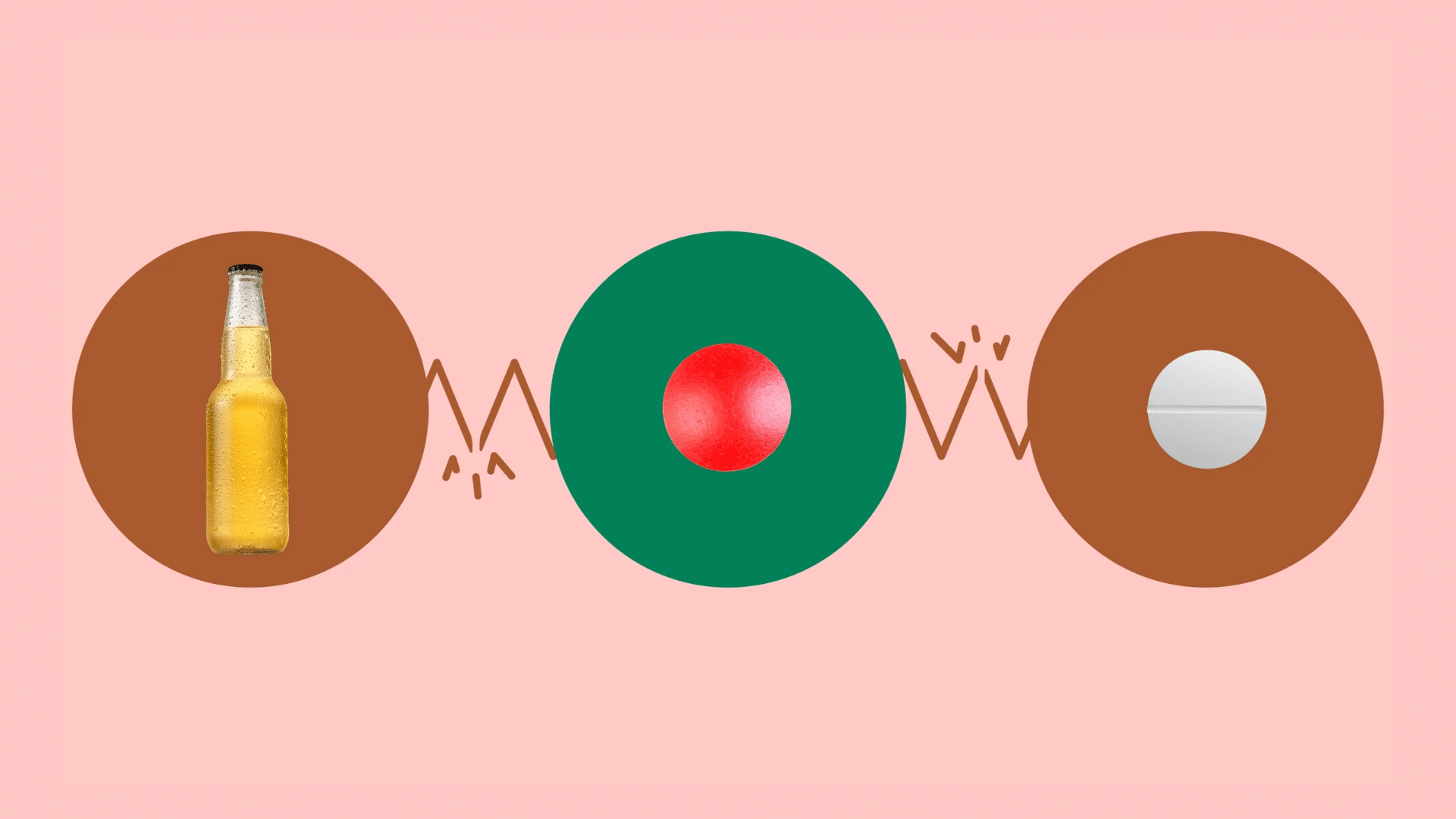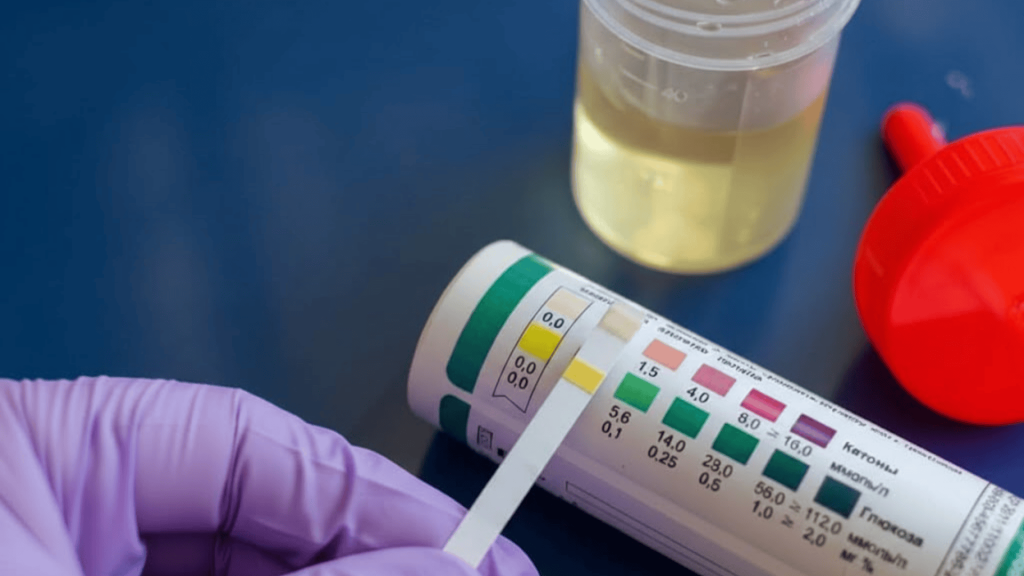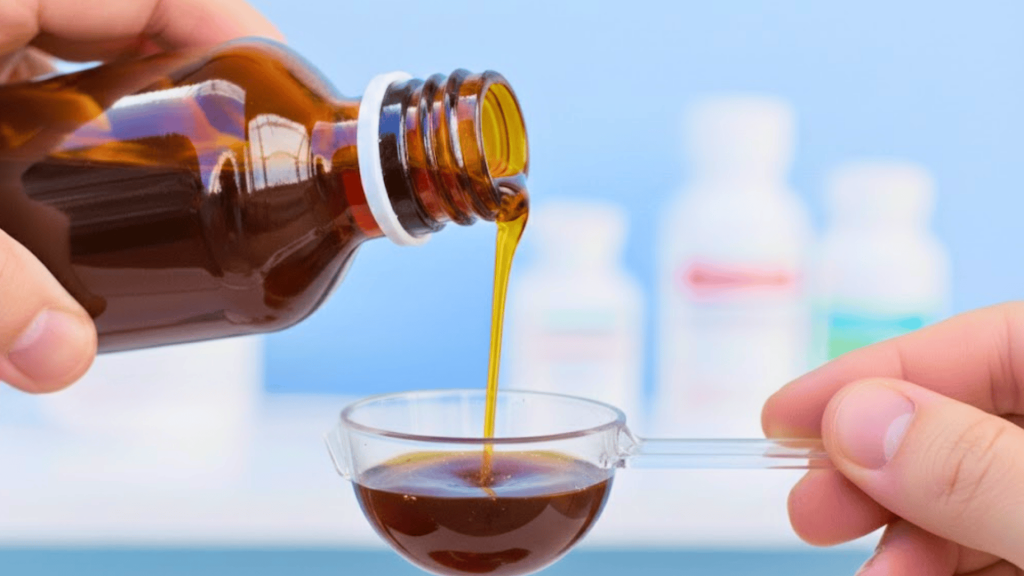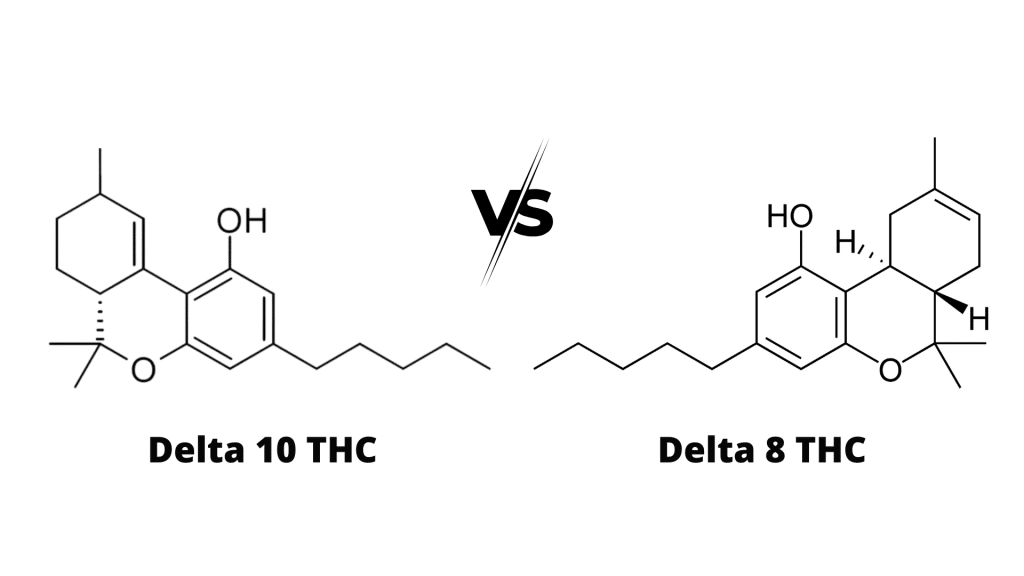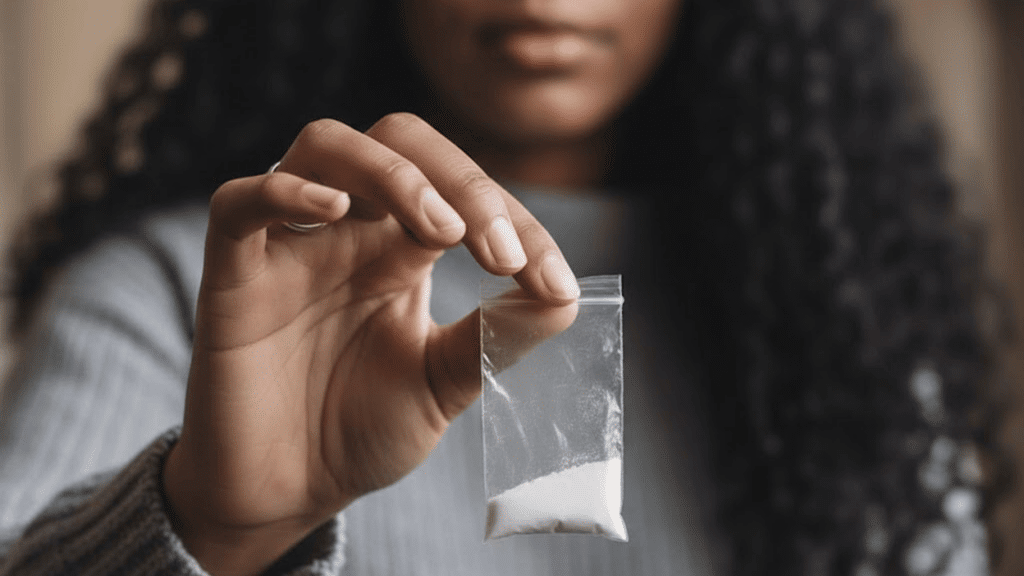You may wonder: how long after taking Sudafed can you drink alcohol safely? It’s a question worth asking, especially when you’re dealing with a cold or allergies, but don’t want to take unnecessary risks.
The safe wait is 24 hours for regular Sudafed and 48 hours for extended-release versions.
Sudafed is one of the most commonly used decongestants, and while it clears blocked airways, it also puts extra strain on the body. Mixing it with alcohol can make those effects even stronger.
In this article, I’ll explain how long Sudafed stays in your system, why it interacts poorly with alcohol, and what alternatives you can try if you’d rather play it safe.
By the end, you’ll know exactly how to time things so your recovery isn’t slowed down, and your night out doesn’t come with regrets.
Disclaimer: This blog provides general information only and is not a substitute for medical advice. Always consult your doctor or pharmacist before mixing Sudafed with alcohol, especially if you take other medications or have health conditions.
Understanding Sudafed
Sudafed, also called pseudoephedrine, is a widely used decongestant for colds, allergies, and sinus issues. It works by narrowing nasal blood vessels, which reduces swelling and helps open airways.
Available in immediate-release and extended-release forms, Sudafed provides relief for different durations depending on the version taken. Because of its stimulant effects, it can increase heart rate and blood pressure, making safe timing with alcohol especially important.
Key facts:
- Generic name: Pseudoephedrine
- Drug class: Decongestant
- Immediate-release: Acts quickly, clears in about 24 hours
- Extended-release: Lasts longer, may take up to 48 hours to clear
- Primary use: Short-term relief of nasal congestion
How Long After Taking Sudafed Can You Drink Alcohol

The general guideline is to wait at least 24 hours after taking regular Sudafed before drinking alcohol.
Extended-release versions stay in the body longer, so a safer wait time is 48 hours. These windows allow your system to fully clear the medication and reduce the chance of harmful interactions.
Immediate-release products act quickly but exit faster, while extended-release products keep working for much longer, which is why the gap differs. Since metabolism varies by age, health, and other medications, these times are averages, not exact guarantees.
If you’re unsure which type you used, give yourself extra time before drinking. When in doubt, ask a healthcare provider to confirm what’s safe for your specific situation.
Why Mixing Sudafed and Alcohol Is Risky
Sudafed (pseudoephedrine) acts as a stimulant, narrowing blood vessels to ease nasal congestion. This raises heart rate and blood pressure in many people.
Alcohol, on the other hand, is a depressant that slows the nervous system, reduces alertness, and strains the liver.
When these two substances mix, their effects clash in the body: one is speeding things up while the other is slowing them down. This makes side effects stronger and less predictable.
Possible risks include:
- Extra strain on the heart
- Dizziness or lightheadedness
- Fatigue and slower reflexes
- Dehydration (worse when you’re already sick)
Even small amounts of alcohol can feel harsher if Sudafed is still active in your system. For safety, wait until the medicine is completely cleared from your system before drinking.
How Long Does Sudafed Stay in Your System?
Sudafed’s active ingredient, pseudoephedrine, has a half-life of about 4–6 hours in most healthy adults. This means your body clears half of the drug within that timeframe.
However, full clearance takes longer, depending on the formulation. Immediate-release versions are generally processed within 24 hours, while extended-release forms can remain active for up to 48 hours.
Reference Table:
| Sudafed Type | Half-life | Duration in the body | Full clearance |
|---|---|---|---|
| Regular | 4–6 hours | 6–12 hours | ~24 hours |
| Extended-Release | 12–24 hours | 12–24 hours | 36–48 hours |
Individual factors, such as age, hydration status, and kidney or liver function, can influence the rate at which the medication is eliminated.
Factors That Change How Long You Should Wait
Not everyone clears Sudafed at the same pace. Several personal factors can change how long you should wait.
- Body weight & hydration: Dehydration or lower body mass can slow clearance.
- Age: Older adults often metabolize medications more slowly.
- Kidney/liver health: reduced function makes Sudafed stay in the system longer.
- Other medications: drugs such as antihypertensives or antidepressants may interact and delay clearance.
Disclaimer: If you fall into these groups, give yourself extra time before alcohol, and consider checking with a doctor.
Practical Scenarios for Safe Drinking
| Sudafed Type | Dose Time | Clearance Window | Safer Alcohol Timing |
|---|---|---|---|
| Regular Sudafed | 8 AM | ~24 hours | After 8 AM the next day |
| Extended-Release (ER) | 8 PM | Up to 48 hours | After 8 PM the following evening |
Alcohol, Dehydration, and Recovery From Illness
Alcohol adds to Sudafed’s drying effect, making it harder for your body to stay properly hydrated. This can increase fatigue and discomfort, especially if you’re already dealing with congestion or fever.
It also disrupts sleep, which is one of the most important parts of recovery. Poor rest weakens your body’s defenses, slowing down how quickly you fight off colds or the flu.
On top of that, alcohol can reduce immune response, leaving you sick for longer than necessary.
Avoiding alcohol while you’re still recovering helps your body heal faster, stay hydrated, and use its energy for recovery instead of managing extra stress.
Alternatives if You Want Cold Relief Without Risk
You don’t always need Sudafed for relief. Here are safer alternatives that won’t interfere with alcohol or your recovery.
Steam Inhalation and Saline Spray

Breathing in steam or using a saline spray keeps nasal passages moist and loosens congestion. Both are safe, natural ways to clear blocked airways.
Unlike Sudafed, they don’t increase heart rate or blood pressure, so they can be used without worrying about alcohol. Pairing these methods with rest often provides noticeable comfort.
Honey With Warm Tea

Honey mixed into warm tea can soothe throat irritation, reduce coughing, and ease overall discomfort. It’s a gentle, natural approach without the stimulant effects of Sudafed.
Since honey and tea don’t interact with alcohol, this remedy is safe even if you plan to drink later. It also adds hydration, which supports faster recovery.
Acetaminophen for Fever or Pain

For fever or body aches, acetaminophen is usually a safer option. Unlike Sudafed, it doesn’t act as a stimulant or raise blood pressure. However, alcohol can still stress the liver, so drinking while taking acetaminophen should be limited.
Some decongestants, like phenylephrine (commonly found in cold medicines), also interact with alcohol and should be avoided for safety.
Always follow dosage instructions and avoid excess alcohol to prevent liver strain. When used responsibly, it’s an effective alternative.
Hydration and Extra Rest

Simple habits often work best. Drinking plenty of water helps thin mucus and prevents dehydration, while extra sleep allows your body to heal. These supportive measures boost your immune system naturally without the risks linked to combining Sudafed and alcohol.
Staying consistent with hydration and rest often shortens illness duration and helps you feel better sooner.
Table at a Glance: Regular Sudafed & Extended-Release Sudafed
Here’s a simple chart showing how long Sudafed stays in your system, safe alcohol timing, and possible risks.
| Category | Regular Sudafed | Extended-Release Sudafed |
|---|---|---|
| Half-life | 4–6 hours | 12–24 hours |
| Duration in the body | 6–12 hours | 12–24 hours |
| Full clearance | ~24 hours | 36–48 hours |
| Safe alcohol window | After 24 hours | After 48 hours |
| Example dose → drink | 8 AM dose → safe next morning | 8 PM dose → safe following evening |
| Side effects (alone) | ↑ heart rate, mild dizziness | Longer stimulation, possible sleep issues |
| Risks with alcohol | ↑ side effects: dizziness, fatigue, dehydration | Stronger side effects, worse dehydration |
This chart lets you quickly understand timing, clearance, and risks so you can make safer, informed decisions.
Safety Notes
If you’re taking other medications, especially blood pressure drugs, antidepressants, or strong pain relievers, speak to a doctor first. Mixing Sudafed with alcohol while on multiple prescriptions can raise risks.
Those with existing health conditions like heart disease, kidney problems, or liver issues should be extra cautious. These organs work harder to clear both Sudafed and alcohol, which increases side effects.
If you accidentally drink alcohol before the safe window has passed, don’t panic. Limit intake, hydrate well, and contact a healthcare provider if you feel unwell.
Conclusion
So, how long after taking Sudafed can you drink alcohol without risking your health? The answer depends on the type you take, 24 hours for regular, 48 for extended-release. But as you’ve seen, other factors like age, hydration, and health conditions can make clearance slower.
If you’re sick, alcohol only makes recovery harder, so holding off helps you heal faster. And if you want relief without the risks, simple alternatives like steam inhalation, tea with honey, or rest can work wonders.
The main takeaway? Time, caution, and smart choices keep you safe. If you found this useful, keep finding my other health and wellness blogs for more clear, down-to-earth guidance.

